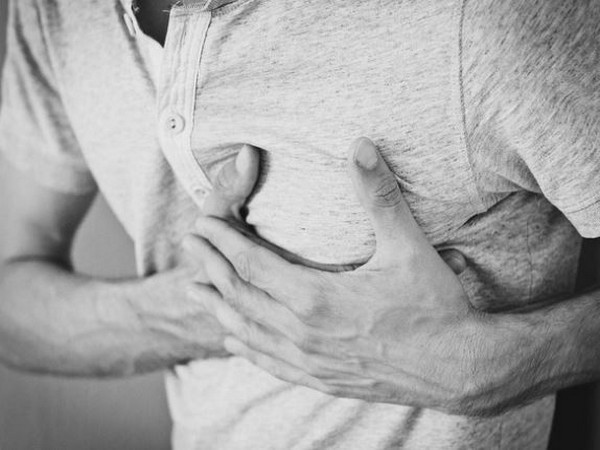Callaghan [Australia], April 23 (ANI): According to a new study, an interactive and coordinated healthy lifestyle online program has a positive effect on self-reported health and well-being.
The findings of the research were published in the journal ‘PLoS Medicine’ by Ashleigh Guillaumier and his colleagues at the University of Newcastle, Australia.
Access to an online program that provides easily accessible, interactive, tailored healthy lifestyle and behaviour change techniques was associated with better health-related quality of life among adult stroke survivors.
Stroke can lead to serious consequences for those that survive in terms of physical and cognitive disability. Improving lifestyle and health risk behaviours–including tobacco and alcohol use, physical activity, diet, depression, and anxiety–has the potential to significantly enhance stroke survivors’ quality of life.
In the new study, researchers randomized 399 adult stroke survivors to complete a telephone survey and then either receive a list of generic health information websites or receive 12 weeks of access to the online program “Prevent 2nd Stroke” (P2S), which encourages users to set goals and monitor progress across various health risk areas.
The group with P2S access received additional text messages encouraging the use of the program. 356 participants (89 per cent) completed a follow-up survey six months later.
At the six-month follow-up, the median between-group difference in health-related quality of life (HRQOL) score was higher in the group with P2S access (85 vs 80, difference=5, 95 per cent CI 0.79-9.21, p=0.020).
Compared to those in the control group, significantly higher proportions of people in the group who received access to P2S reported having no problems with personal care (OR 2.17, 95 per cent CI 1.05-4.48, p=0.0359) and an ability to participate in their usual daily activities (OR 1.66, 95 per cent CI 1.06-2.60, p=0.0256).
The main limitation of the study is that most participants were generally “well” stroke survivors, with little to no disability, and the findings may therefore not be generalizable to all stroke survivors.
Guillaumier added, “Online platforms are a viable and impactful model to address the health information needs and behaviour change challenges of stroke survivors.” (ANI)


